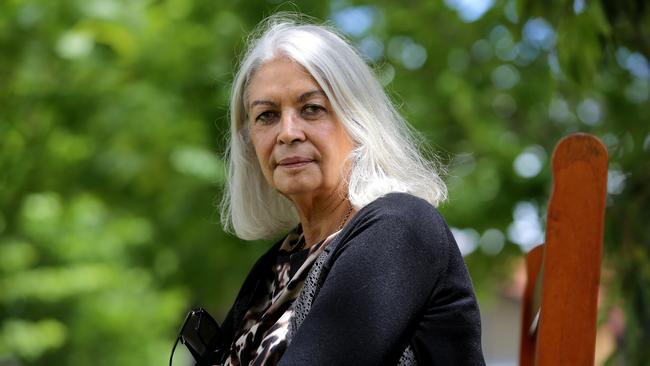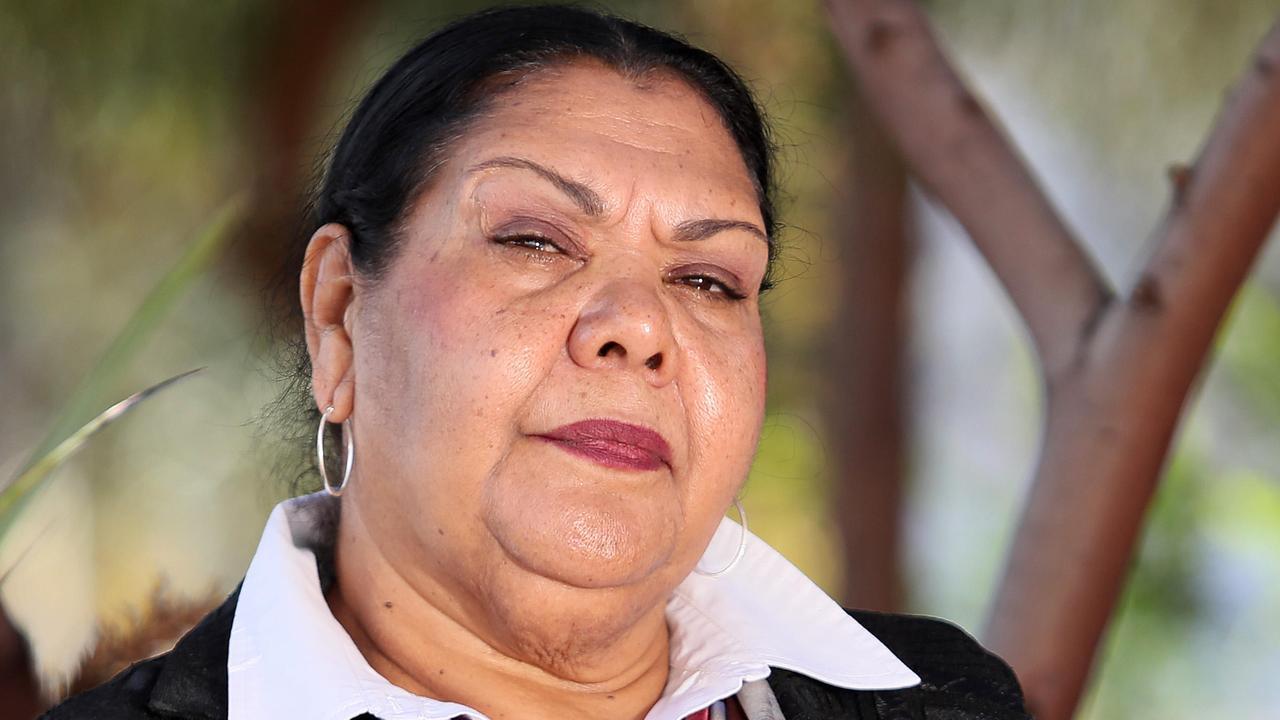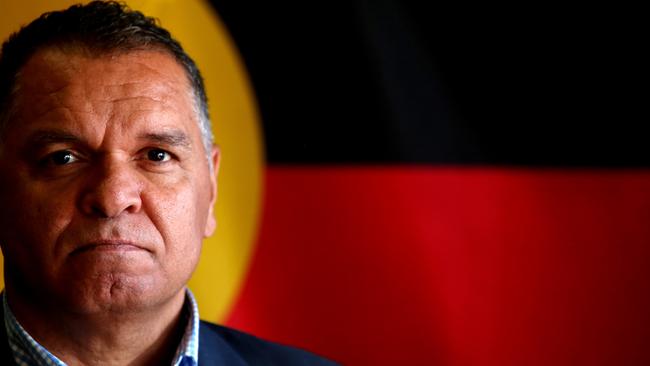Aboriginal leaders unite to drive referendum process
Aboriginal leaders will attempt to kick-start momentum on a referendum question for constitutional recognition.

Aboriginal and Torres Strait Islander leaders will gather on a scale not seen since 1993’s native title negotiations in an attempt to kick-start momentum on a referendum question for indigenous constitutional recognition.
Workshops featuring traditional owners, land councils and other influential indigenous figures will be held to gather a general consensus on how to proceed. This consensus will then be taken to the wider indigenous community for input at consultations beginning soon after a July 2 federal election, culminating in a convention at Uluru by year’s end.
The process, to be indigenous designed and run, was agreed this week at a meeting of the Referendum Council, the 16-member body tasked with reporting to government and opposition on the best way forward. It will involve three leadership workshops and as many as 18 wider consultations before the Uluru gathering.
It is thought consultation could show that a limited model for constitutional change will be rejected by indigenous people, who prefer a long-promised treaty settlement that could include some form of parliamentary representation.
That conclusion could kill off any chance of a referendum next year on May 27, the 50th anniversary of the vote that saw indigenous Australians counted in the census and formally brought under commonwealth control.
The consultation drive comes as a new volume of essays pulls together the writing of some of the most prominent indigenous public intellectuals exploring why the recognition campaign has stalled.
Co-edited by Referendum Council member and University of NSW law professor Megan Davis and University of Melbourne professor Marcia Langton, It’s Our Country is striking in its broad consensus that the official campaign has not heeded the views of indigenous people, as successive governments have turned the process over to committee after committee.
“I hate to declare anything dead before its time, but we do run the very great danger that if government doesn’t bite the bullet on this soon, it will be sending the problem to another generation,” Professor Langton told The Weekend Australian.
Professor Davis warned that there was “no use going forward if Aboriginal and Torres Strait Islander people aren’t buying into the process. It’s a recognition process and in the relationship between two groups you have the recognised and the recognisor; it can’t be balanced all in favour of the recognisor”.
Tim Gartrell, joint director of the government’s official Recognise campaign, said yesterday that the body, established in 2012, had “driven a strong national campaign against a backdrop of unprecedented political upheaval”.
Other contributors to the book include the first indigenous silk, Tony McAvoy SC, National Congress of Australia’s First Peoples chief executive Geoff Scott, new Labor senator Pat Dodson, Darkinjung Land Council leader Sean Gordon, former ALP president Warren Mundine, former senior bureaucrat Dawn Casey and Tasmanian activist Michael Mansell.
Cape York leader Noel Pearson, who contributes an essay, warns that “a recognition process that involves no practical reform, no shift in power and no increase in freedom is a red herring and a false offer. It would amount to beads and trinkets”.




To join the conversation, please log in. Don't have an account? Register
Join the conversation, you are commenting as Logout